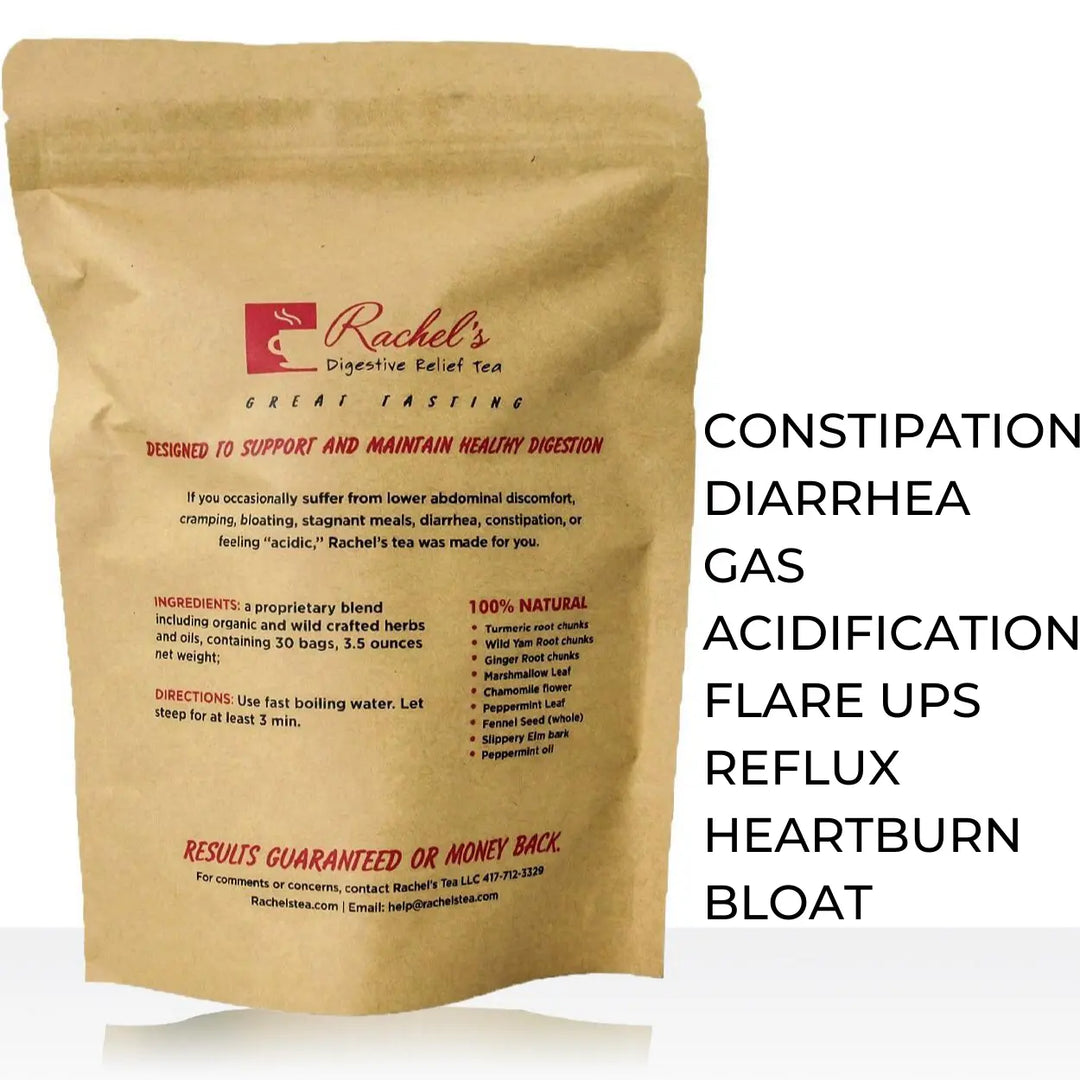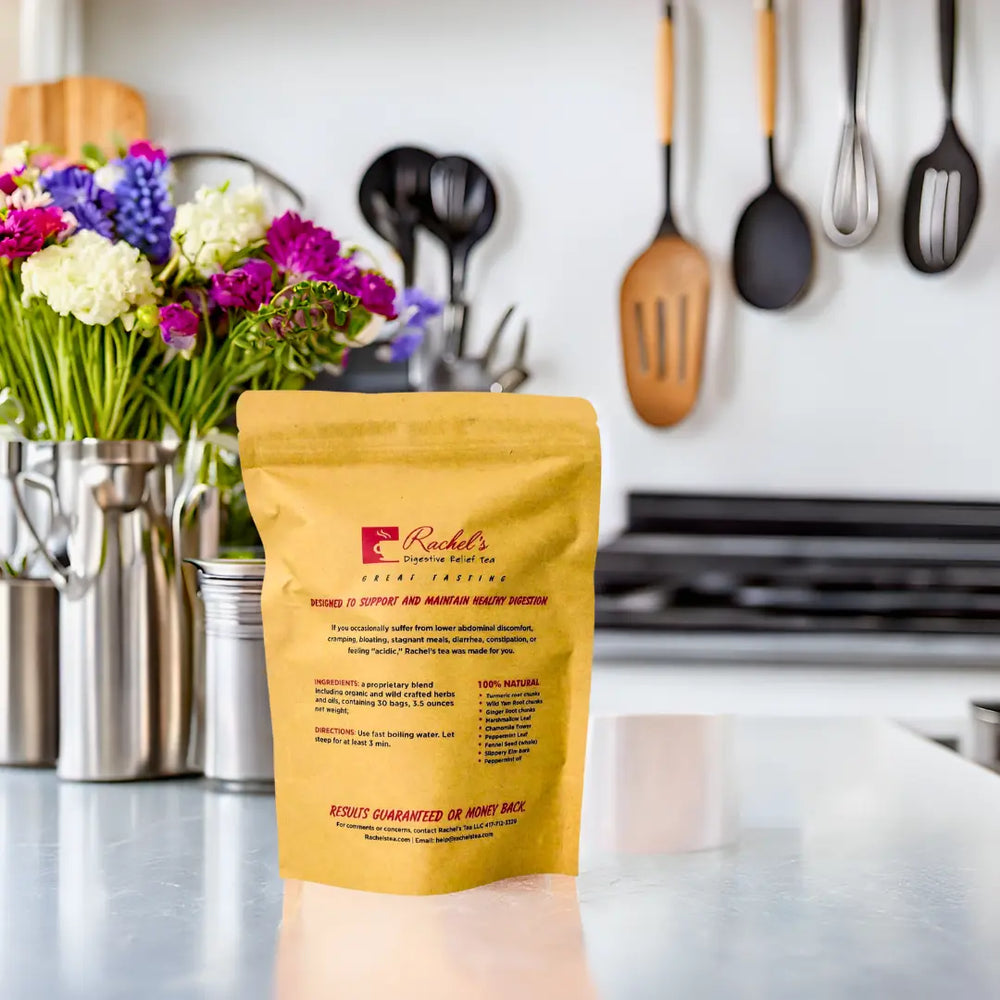Inflammatory Bowel Disease (IBD) Symptoms and Causes

Inflammatory bowel disease (IBD) is a group of chronic conditions that cause inflammation in the digestive tract. According to the Centers for Disease Control and Prevention (CDC), almost 3 million people in the United States are living with IBD. Most people receive their diagnosis before the age of 30. The two primary forms of IBD are
- Ulcerative colitis
- Crohn’s disease
Today, we will learn about these conditions, their symptoms and causes.
Ulcerative Colitis
It causes inflammation in the large intestine. This type of IBD is characterized by inflammation. It affects the lining of your digestive tract. In some cases, it affects the deeper layers of the digestive tract. The inflammation starts in the rectum and extends to the colon.
Crohn’s Disease
It can affect any part of the digestive tract, from the mouth and the anus. It commonly affects the final section of the small intestine and colon. This type of IBD has become more common over time. According to the National Institute of Diabetes and Digestive and Kidney Diseases (NIDDK), around 500,000 people in the United States have it. It is most likely to develop between the ages of 20–29.
Symptoms

Its symptoms and causes vary. They depend on the location and severity of inflammation. They may range from mild to severe. It involves cycles of flare-ups followed by periods of remission. Its symptoms include:
-
Diarrhea
-
Fatigue
-
Abdominal pain and cramping
-
Blood in the stool
-
Reduced appetite
-
Unintended weight loss
Causes
Its exact cause is still unknown. Diet and stress can be major contributors. But they are aggravating factors, not the root causes. One possible cause is an immune system malfunction, when the body attempts to fight off a virus or bacteria. The immune system mistakenly attacks the digestive tract. Genetics can also cause IBD. It is more common in people with a family history of it. Still, many people with IBD who have no family history.
Risk Factors

Age: Most people are diagnosed before age 30. Some people do not develop IBD until their 50s or 60s.
Race or Ethnicity: While IBD is most common among white individuals. But it can occur in people of any racial or ethnic background.
Family History: You are at higher risk if you have a close relative, such as a parent, sibling or child with the disease.
Cigarette Smoking: Smoking is a risk factor for this disease.
Nonsteroidal Anti-inflammatory Drugs (NSAIDs): Medications such as ibuprofen, naproxen sodium, and diclofenac sodium can increase the risk of developing IBD. It can worsen symptoms in those who already have the condition
Pain Free Foods Approach to Managing IBD

Here at Pain Free Foods, we have found that combining certain foods in a meal causes your digestive system to produce a stronger amount of acid to digest them. This acid damage over time is what has caused you to have inflammatory bowel disease (IBD) symptoms and causes in the first place. While it is important to eat the right foods for an inflammatory bowel disease, it is also crucially important to make sure you are not combining the wrong foods in your meals and causing more acid and more damage to your system. How do we know this? We have helped hundreds of thousands of people suffering just like you.
How the Pain Free Foods Diet Program Helps
The very best way to eliminate your inflammatory bowel disease (IBD) symptoms and causes is to change your eating habits and follow our program. We have formulated an inflammatory bowel disease diet program that is very specific to follow. All you have to do is eat your foods in certain combinations and avoid others. We have lined it all out for you, and if you can adhere to this program for just one week, we guarantee that you will feel better. Our specific program stops your digestive system from producing these acid storms from wreaking havoc on all the parts of your digestive system. This will allow your system to be able to heal by giving it some rest.
The Role of Rachel’s Digestive Relief Tea
One of the other supplements we recommend when following an IBD diet is Rachel’s Digestive Tea. A daily cup of Rachel’s Digestive Relief Tea may be just as essential to your wellness routine as your daily probiotic. It could also be your best option for natural relief of your most troublesome inflammatory bowel disease symptoms. It contains a powerhouse combination of herbs handpicked by health researchers to aid in healing every aspect of your digestive tract.
Related articles:
- Living With Inflammatory Bowel Disease: What Helped Me Feel Better
- Are There Dietary Changes That Can Help Manage Ulcerative Colitis?
Start Your IBD Healing Journey
Pain Free Foods Diet Program and Rachel’s Digestive Relief Tea have helped hundreds of thousands of folks just like you who are plagued by ulcerative colitis. Please visit us at http://www.rachelstea.com to read all the glowing reviews on Rachel’s Digestive Relief Tea. Come join the hundreds of thousands of clients who have ended their IBD suffering! You will be so glad you found us!












